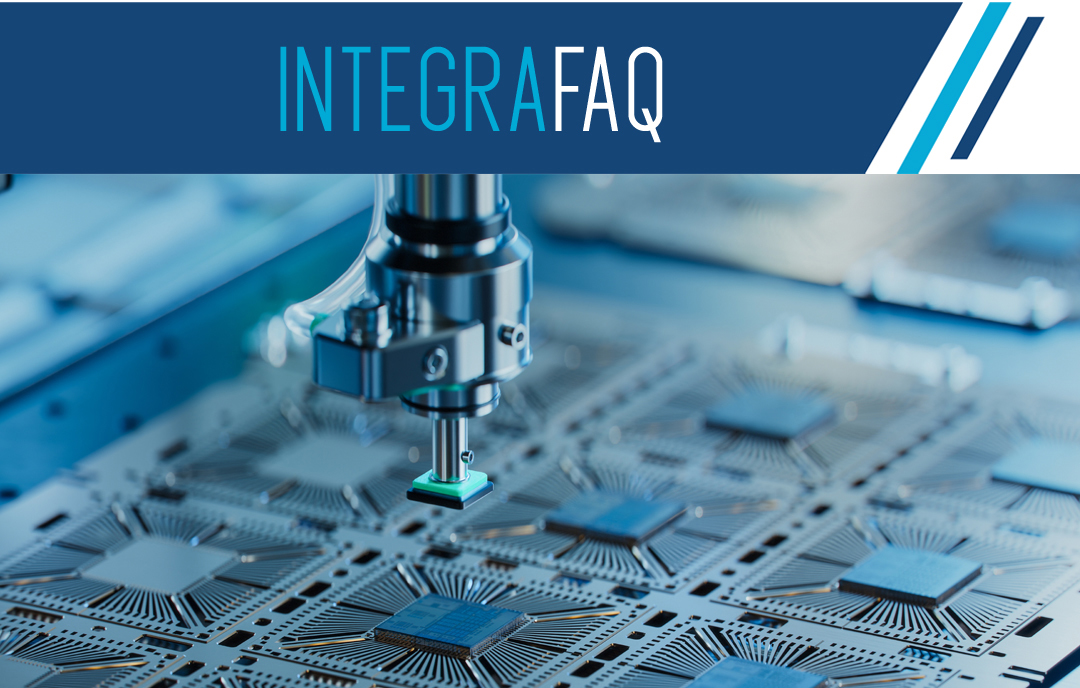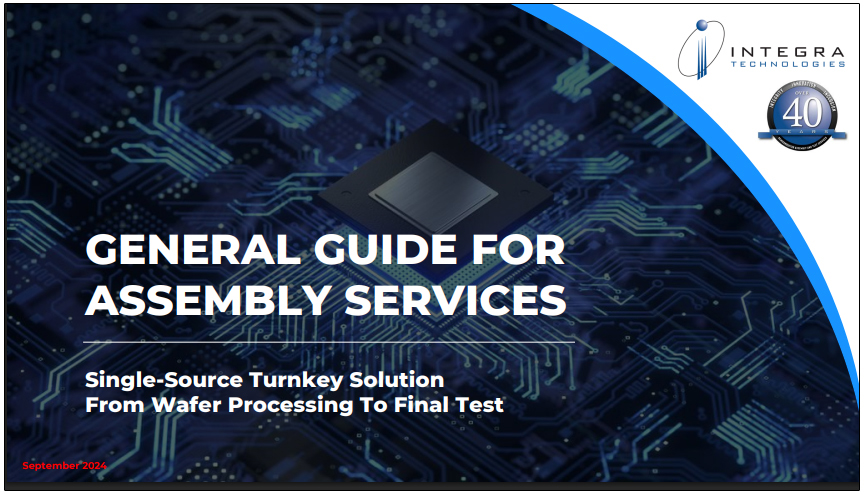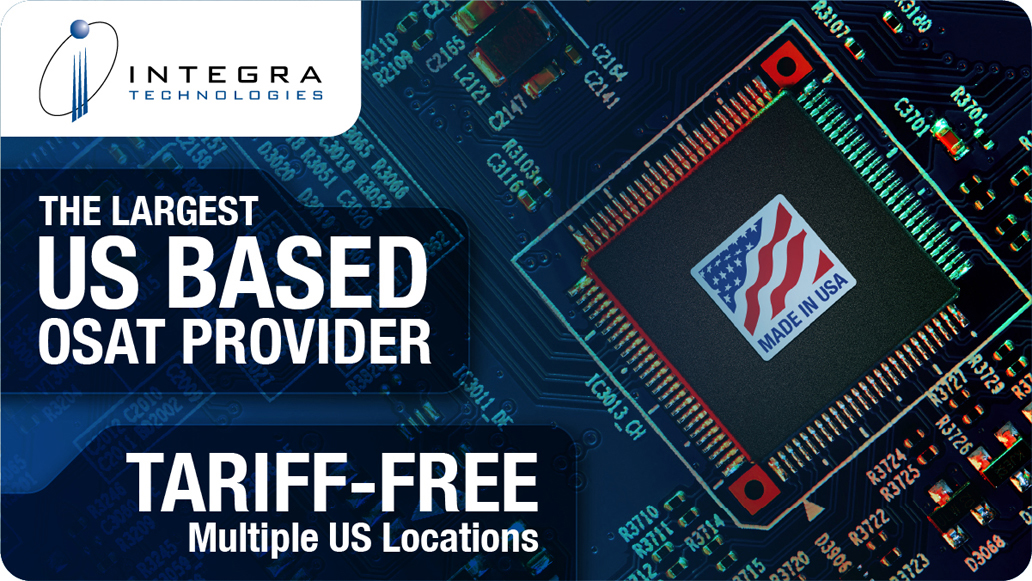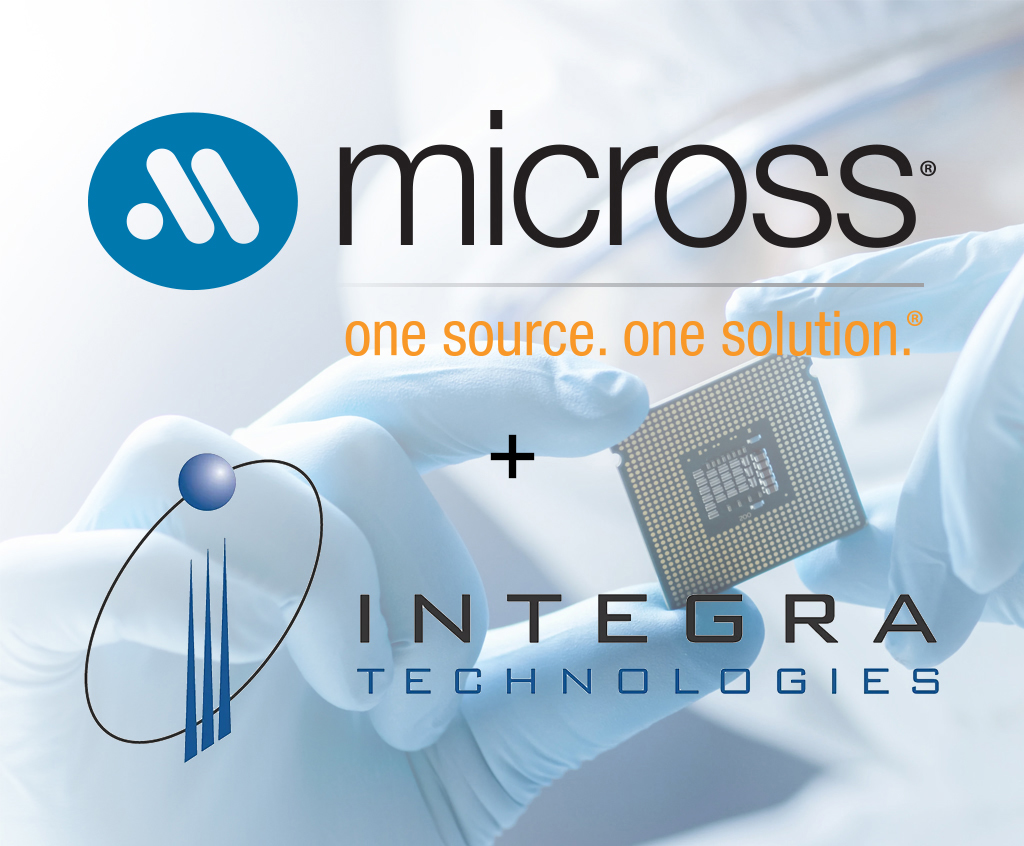System-in-Package (SiP)
System-in-Package (SiP) technology plays a crucial role in modern semiconductor advancements by integrating multiple electronic components—such as processors, memory, and passive elements—into a single compact package. SiP technology combines multiple semiconductor functions into a single, efficient package, driving miniaturization, performance improvements, and cost efficiency in various industries. As demand for 5G, AI, IoT, and edge computing grows, SiP will continue to be a foundational technology for future semiconductor advancements.
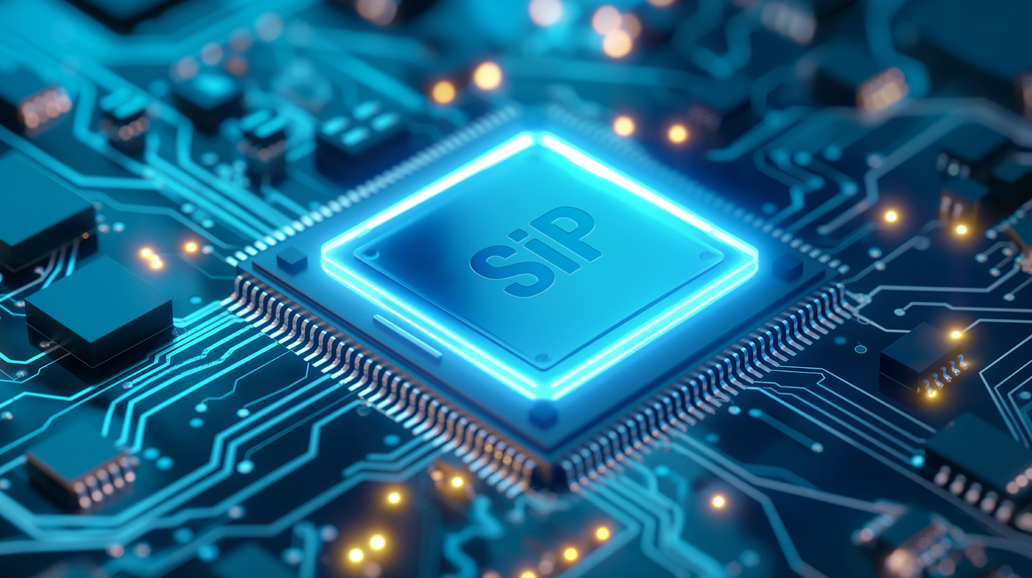
Q: What is SiP?
A: System-in-Package (SiP) is an advanced semiconductor packaging technology that integrates multiple electronic components—such as processors, memory, RF modules, sensors, and power management ICs—into a single compact package.
Q: What are the benefits of SiP?
A: Here is why SiP is important:
- SiP allows multiple chips (e.g., logic, memory, RF, power management) to be combined in one package.
- Reduces the need for separate components, enabling more complex and powerful systems in a small form factor.
- Helps in reducing PCB size while maintaining high performance.
- Typically, better thermal management due to optimized stacking and packaging techniques. Higher density DiPs do have thermal challenges.
- Enables mixing of different semiconductor technologies (e.g., silicon, GaN, SiC) in a single package.
Q: What are some common applications of SiP?
A: Some common applications include:
- Aerospace & Defense – Supports radar systems, secure communication, and satellite electronics, where size, weight, and power efficiency are critical.
- Medical Devices - used in implantable and wearable medical electronics, enabling advanced health monitoring and diagnostics in a miniaturized package.
- Smartphones & Wearables – Efficient, high-performance integration for mobile devices.
- 5G & Wireless Communication – RF, antennas, and processors in one package.
- Automotive Electronics – ADAS, sensors, and power management modules.
- IoT & Smart Devices – Miniaturized, low-power solutions for edge computing.
- AI & High-Performance Computing (HPC) – Used in AI accelerators, edge computing, and data centers, SiP improves processing speed and efficiency in compact form factors.
Q: What are some challenges of SiP?
A: While SiP technology offers significant benefits like integration and miniaturization, it also faces several challenges:
- Design Complexity – Managing multiple chip types and signal interference.
- Thermal Management – Heat dissipation in a compact package is difficult with higher density SiPs.
- Manufacturing & Yield Issues – Complex assembly and higher failure rates.
- Higher Costs – Expensive production and supply chain coordination.
- Testing & Reliability – Harder to diagnose faults and ensure long-term durability.
- Standardization & Compatibility – Lack of universal standards and interconnect challenges.
Q: What is the future of SiP?
>A: SiP is set to transform semiconductor packaging, enabling smaller, more powerful, and efficient devices for the future:
- Expanding in 5G, AI, and IoT – SiP will power next-gen communication and smart devices.
- Advanced Packaging – 3D stacking, chiplets, and FOWLP will enhance performance.
- Heterogeneous Integration – Combining different chip technologies for diverse applications.
- Better Thermal & Power Management – Innovations in cooling and energy efficiency.
- Standardization & Cost Reduction – Industry standards and cost-efficient production will drive adoption.

